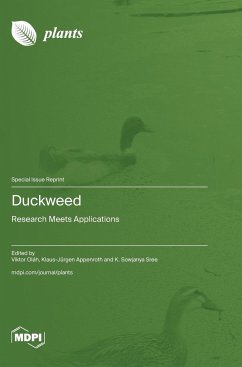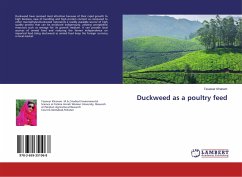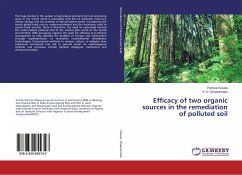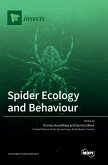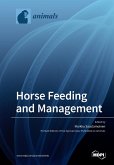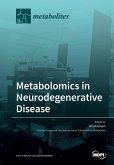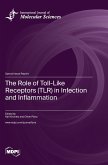Duckweed (Lemnaceae) represents a small aquatic monocot plant family presently composed of 36 species. These plants gained importance in recent decades for their applications in wastewater purification, as animal food or human nutrition, as well as for energy production. This Reprint presents 39 manuscripts published in the Special Issue "Duckweed: Research meets applications" of the journal Plants. We provide an overview of the present state of the art of duckweed research in taxonomy of the family, phytoremediation, accumulation of protein or starch, interaction with microorganisms, and phytomonitoring of toxic compounds. This Special Issue also invited the participants of the 6th International Conference on Duckweed Research and Applications (ICDRAs) held in Gatersleben, Germany, organised on behalf of the International Steering Committee on Duckweed Research and Applications (ISCDRAs). This Reprint is organised as follows: 1. Introduction; 2. Molecular Characterization and Taxonomy; 3. Phytoremediation: Wastewater; 4. Applications: Accumulation of Protein or Starch; 5. Interaction with Microorganisms; 6. Physiology and Phytomonitoring. The manuscripts were organised by the Guest Editors Viktor Oláh (University of Debrecen, Debrecen, Hungary), Klaus-J. Appenroth (Friedrich Schiller University, Jena, Germany), and K. Sowjanya Sree (Central University Kerala, Periye, India).

